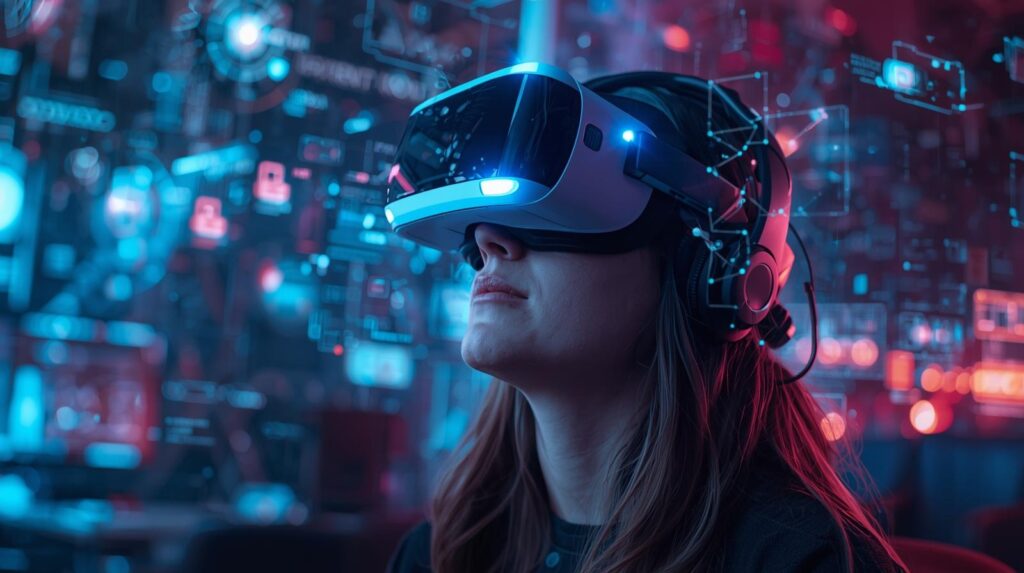Technology has fundamentally transformed the entertainment and media industries, redefining how content is created, distributed, and consumed. In the United States, where innovation and creativity converge, technological advancements are driving a revolution that impacts every facet of entertainment—from movies and music to video games and digital media platforms. Understanding the role of technology in this dynamic landscape reveals how science and engineering continue to shape modern storytelling and audience engagement.
One of the most notable technological shifts in entertainment is the rise of digital content creation. Sophisticated software and hardware tools have empowered creators to produce high-quality visuals, sound, and special effects with unprecedented ease and precision. Filmmakers use computer-generated imagery (CGI) and virtual reality (VR) technologies to craft immersive experiences that captivate audiences. Motion capture technology allows for realistic animation of characters, while advanced editing suites enable seamless integration of effects and soundtracks.
Streaming platforms have revolutionized content distribution, allowing consumers to access a vast library of movies, TV shows, music, and podcasts anytime and anywhere. High-speed internet and mobile technology have made on-demand entertainment ubiquitous, shifting the industry away from traditional broadcast and physical media. Algorithms powered by artificial intelligence (AI) analyze user preferences and viewing habits to offer personalized recommendations, enhancing user experience and engagement.
Virtual and augmented reality technologies are creating new dimensions in entertainment. VR immerses users in fully interactive digital environments, transforming gaming, live events, and storytelling. Augmented reality overlays digital content onto the real world, enriching experiences in applications ranging from sports broadcasts to interactive advertising. These technologies offer innovative ways to engage audiences and expand creative possibilities.

The gaming industry exemplifies the intersection of technology and entertainment on a massive scale. Advances in graphics processing, cloud computing, and multiplayer networking have created immersive and socially connected gaming experiences. The rise of esports and game streaming platforms illustrates how technology has fostered new communities and career opportunities within entertainment.
Artificial intelligence and machine learning are also reshaping media production and consumption. AI-powered tools assist in scriptwriting, video editing, and even composing music, streamlining creative workflows. Additionally, AI-driven analytics help media companies understand audience behavior, optimize content strategies, and predict trends, allowing for more targeted and effective marketing campaigns.
Social media platforms leverage technology to democratize content creation and distribution, enabling individuals to reach global audiences instantly. Live streaming, short-form videos, and interactive features have transformed how people share stories and engage with entertainment. This shift has also influenced traditional media, encouraging collaborations and hybrid content formats.

Technological advancements have introduced new considerations regarding intellectual property, privacy, and content moderation. Balancing innovation with ethical responsibility and regulatory compliance is an ongoing challenge for the entertainment and media sectors, requiring continual adaptation and vigilance.



